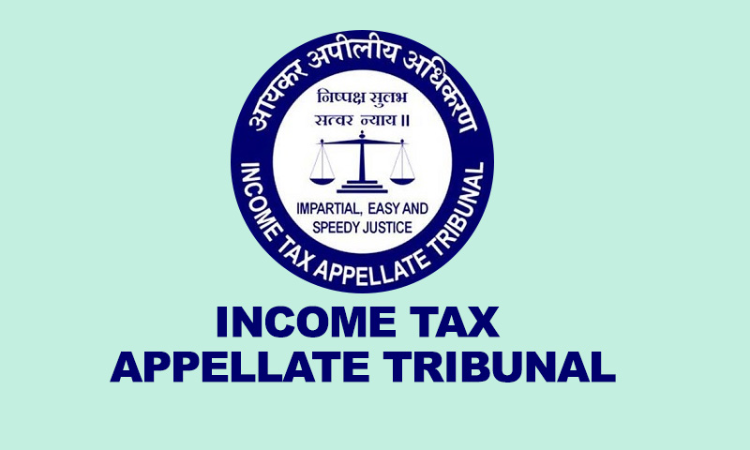The Allahabad Income Tax Appellate Tribunal (ITAT) has deleted the addition as the jewellery belonging to unmarried daughters will be kept along with the assessee’s jewellery in a family home where they are living together.The two-member bench of Vijay Pal Rao (Judicial Member) and Ramit Kochar (Accountant Member) has observed that the assessee has discharged her primary burden by...

